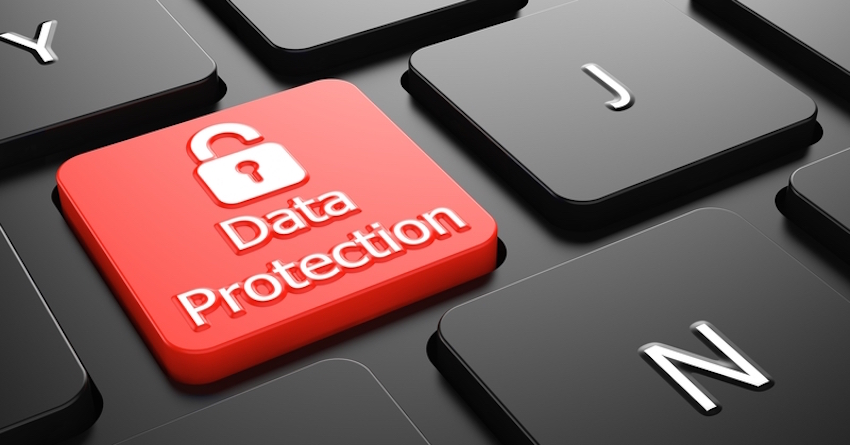Data protection is the way toward ensuring data and includes the connection between the gathering and scattering of data and technology, general society observation and desire for privacy and the political and legal underpinnings encompassing that data. It plans to strike a harmony between singular privacy rights while as yet enabling data to be utilized for business purposes. Data protection is otherwise called data privacy or information privacy.
Data protection ought to dependably be connected to all types of data, regardless of whether it be close to home or corporate. It manages both the integrity of the data, protection from defilement or errors, and privacy of data, it being open or accessible to those that have the privilege of accessing it.

The setting of data protection fluctuates and the strategies and extent likewise differ for each; there is data protection on the personal level, that of business or public entities, and that of data so exceptionally classified that it ought to never fall under the control of others beside its proprietors — or in different words, top secret information.
In the United States data privacy isn’t profoundly controlled, so by augmentation there are no strict data protection laws that apply, in spite of the fact that that is rapidly changing as individuals end up mindful of the estimation of privacy and data protection. In the United Kingdom in any case, the administrative body passed the Data Protection Act of 1998, a correction of the plain fundamental Act of 1984 which expressed principles for data clients and characterized people’s rights with respect to data that is specifically identified with them. The Act ended up successful on March 1, 2000. The law itself endeavors to adjust the individual rights to privacy and the capacity of more open associations to utilize this data during the time spent leading business. The Act gives rules, eight standards, which a data controller must watch when dealing with individual data over the span of working together, for the sake of protection. These standards come the lines of having being acquired reasonably and legitimately, to it not leaving the nation or domain except if under specific states of protection. Not all nations have data protection laws, be that as it may.
The Data Protection Act is essential since it gives direction and best practice norms for companies, organizations and the government to take after on the best way to utilize personal data including:
– Regulating the handling of personal data
– Protecting the rights of the data subject
– Enabling the Data Protection Authority (The ICO) to authorize rules
– Holding associations at risk to fines in case of a break of the rules or the Data Protection Act.



